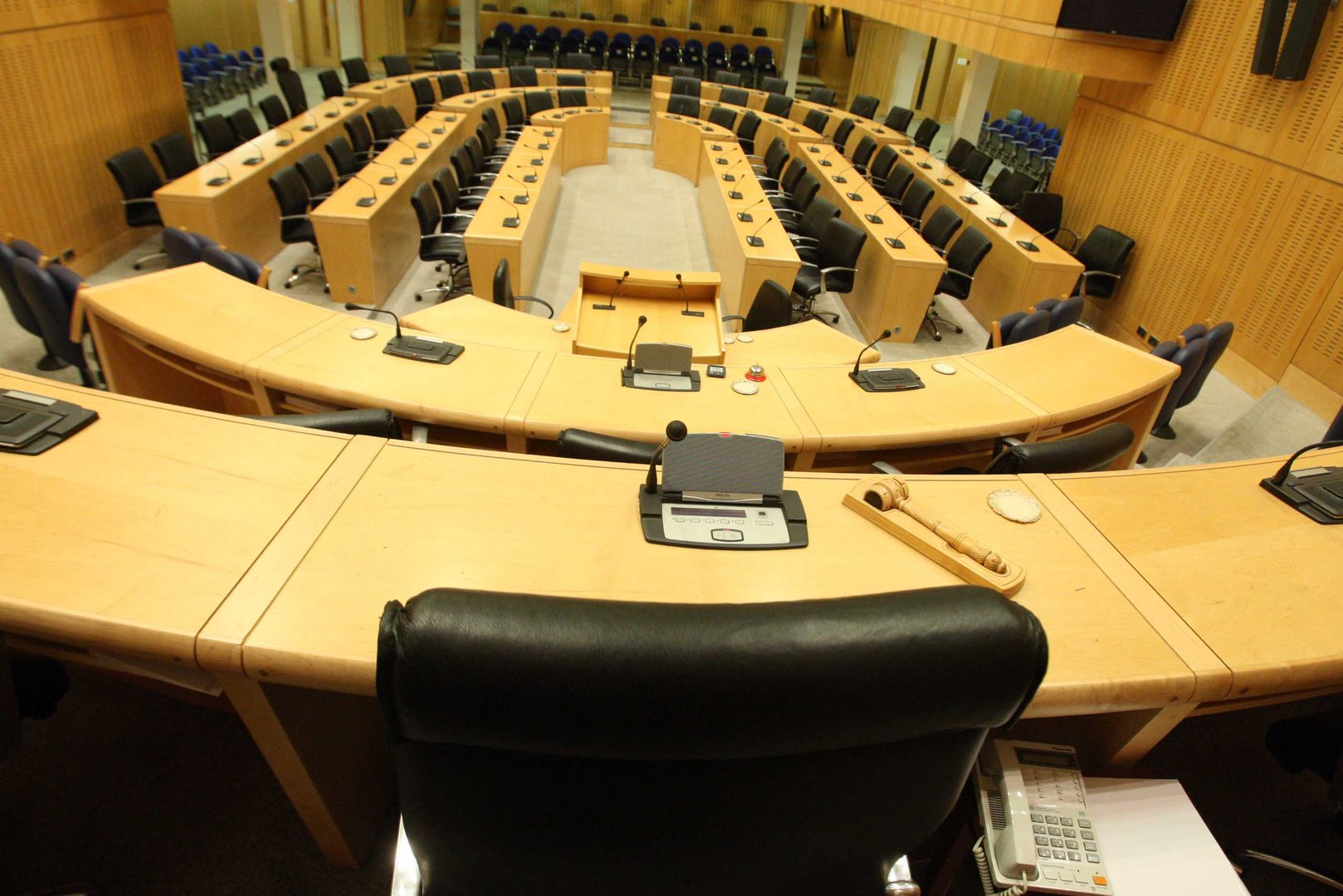Dr Louisa Borg Haviaras
Reports and post-programme surveillance following Cyprus’ exit from the bailout agreement praised sustained economic growth at rates far higher than expected. Progress was also made on the implementation of new legal frameworks, including rules on banking system oversight, through the adoption of laws on non-performing loans (NPLs) and foreclosures.
However, Cyprus is still facing major challenges which more or less remain the same as those identified in the bailout agreement with new predicaments coming to the surface and new scandal revelations such as the granting of golden visas admittedly a past but persisting sin. If we exclude the economic problems caused by the pandemic, there was a sense of satisfaction all round due to the economic recovery, distracting, however, from the fact that sustained growth is only possible if significant improvements and reforms are made. In addition to the above, we have often witnessed tensions between the president, political parties and parliament, a glaring example being the vote on the state budget parliament. Parliament however did not have second thoughts when it came to the state funding of political parties, which will be received in advance.
Political parties and affiliated organisations have received state funding since 1989. With the most recent amendment of the law in November 2015, which was effected following Greco and other organisations’ recommendations, there was an effort to regulate private funding and curb corruption. Financial or other donations up to €50,000 are allowed; the list of donors must be published, except for sums below €500. All party and candidate accounts, including income, expenditure, assets and debts must be audited on an annual basis by the auditor-general.
The law provides a list of activities that would constitute corruption and must be avoided by candidates. Non-compliance and corruption are subject to fines and/or imprisonment, depending on the offence. Parliamentary candidates have an electoral expenditure cap of €30,000 while for presidential candidates the ceiling is €1 million.
In its March 2016 report, Greco made a note that most of its recommendations were only partially implemented, while for the term ‘personal expenses’ there is no clear definition. Regarding the caps set for donations and per-candidate expenses these seem excessively high considering the small size of the electorate manpower and the market. As for the criteria and procedures for setting the level of annual or extraordinary state funding to political parties these remain unclear.
Although ensuring the effective implementation of political finance regulations remains challenging in many countries, independent electoral management bodies are becoming increasingly important. Money in politics is a double-edged sword, which is why legislation on political party funding must become more effective.
Political party funding regulations need to be part of an overall integrity framework which includes the management of conflict of interest and lobbying, otherwise there is the risk of resulting simply in the re-channelling of money spent to secure political influence through lobbying and other activities.
I have often written about the need for a new meritocratic culture, a culture that places serving citizens and the rule of law above all else and away from political interests and promotion of party interests. In a number of countries money is perceived as having undermined the government decision making process which has led to low levels of trust in politicians and government. The amount of the state funding and the time at which it is received without a second thought to what is happening in the country is contrary to the needs and expectations of Cypriot taxpayers. People demand integrity and fairness, openness and inclusiveness, and reliability and responsiveness to reasonable demands.
Favouritism in political appointments and politically motivated interference in institutional functions and decisions remain major challenges. At the same time, public sector reforms aimed at developing strategic-planning capacity, fiscal responsibility and stronger regulation appear to have slowed or stalled. These deficits are made worse by the reluctance to comply with adopted rules and the absence of a body coordinating reforms. Also, the absence of an effective administrative culture remains a persistent obstacle to achieving sustainable results.
Dr Louisa Borg Haviaras is PhD Oxford Brookes University







Click here to change your cookie preferences